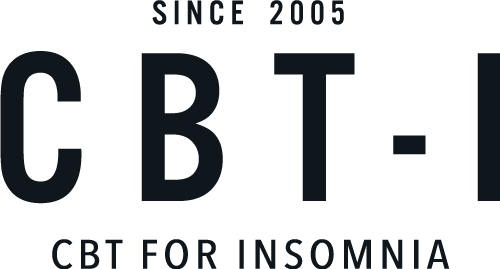Influential Report Advises Against Sleeping Pill Use By The Elderly
The Beers list uses specific criteria to identify and list inappropriate, high risk drugs in the elderly that should be avoided in favor of a non-drug approach or safer medications because the high risk of toxicity and adverse side effects clearly outweigh the benefits. The Beers list was originally developed in 1991 and subsequently expanded and revised in 1997, 2003, 2012, 2015, and 2019 and published in the Journal of The American Geriatric Society in partnership with the American Geriatrics Society. The Beers list is based on a comprehensive, systematic review and grading of the evidence on drug-related problems and adverse drug events in all prescription and over-the-counter (OTC) medication categories. The medications in the Beers list are associated with limited effectiveness and serious side effects such as delirium, falls, and fractures based on a rigorous assessment of the published research literature by a committee of thirteen nationally recognized experts in geriatric medicine and nursing. The Beers list of medications that should be avoided in the elderly are used widely by benefits managers, regulators, and policy makers.
The most recent 2015 Beers list of medications to avoid includes prescription and OTC sleep aids including Ambien, Lunesta, Sonata, Benadryl, and benzodiazepine medications such as Klonopin, Ativan, and Xanax. For example, Benadryl and OTCs that contain Benadryl such as Tylenol PM, Excedrin PM, etc., should be avoided due to associated tolerance, confusion, and minimal efficacy. Elavil should be avoided because the lack of efficacy is outweighed by risks that include daytime sedation. Use of newer generation sleeping pills such as Ambien, Lunesta, and Sonata should be avoided due to significant risk of delirium, falls, fractures, increased emergency room visits, and impaired driving compared to minimal improvement in sleep and should not be used by individuals with dementia. Similarly, benzodiazepines medications such as Klonopin, Xanax, and Ativan should be avoided due to increased risk of cognitive impairment, delirium, falls, fractures, and motor vehicle accidents relative to minimal improvements in sleep.
